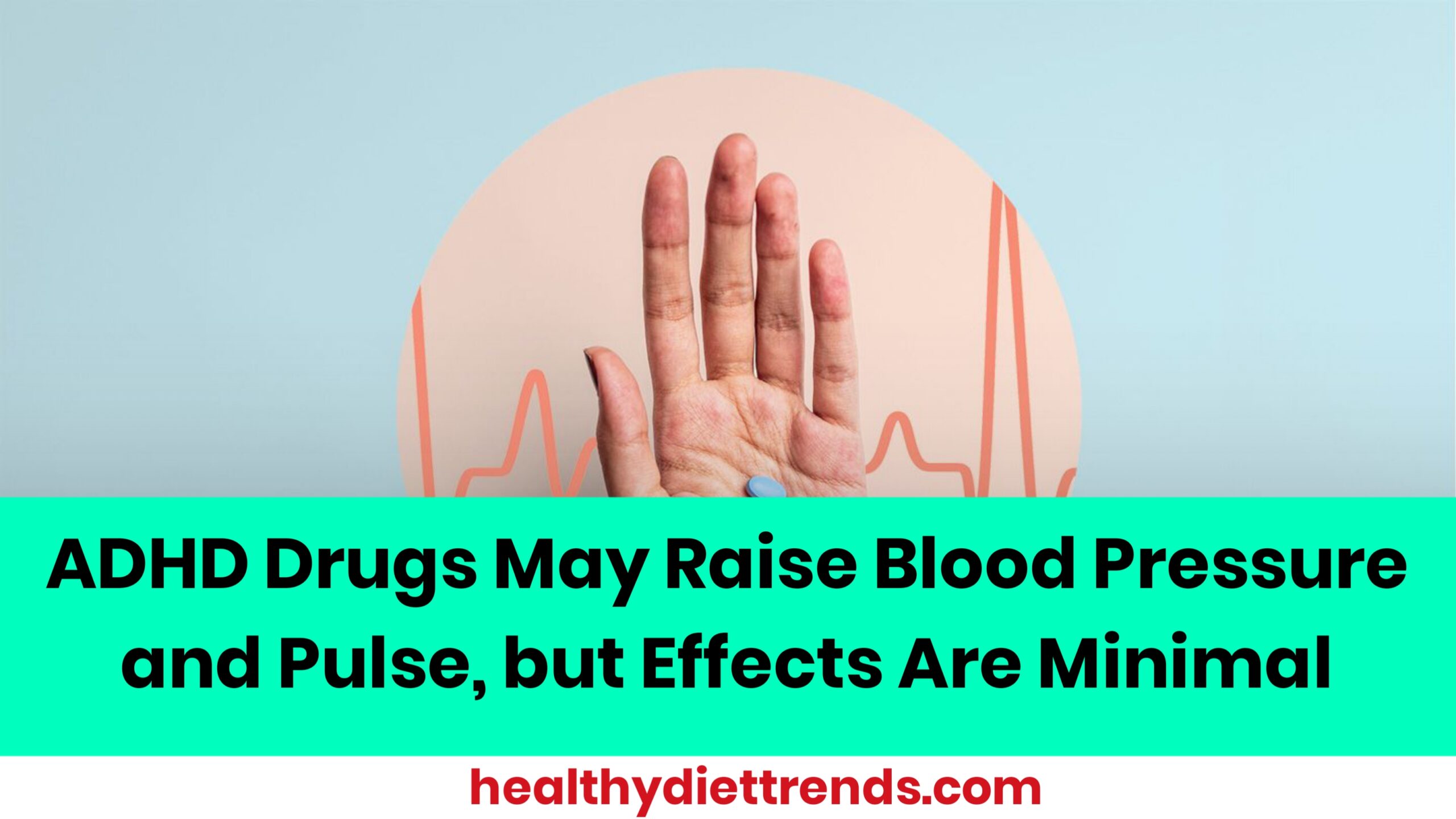New research suggests that common ADHD medications are linked to small increases in cardiovascular indicators like blood pressure and pulse. However, researchers and experts agree that the benefits of ADHD medications far outweigh these potential risks, especially when patients are appropriately monitored.
Published on April 6, 2025, in the study analyzed 102 randomized controlled trials, covering over 22,000 participants including 13,315 youth and 9,387 adults. The findings revealed slight increases in pulse, blood pressure, and ECG readings among individuals taking ADHD stimulants such as methylphenidate, bupropion, and lisdexamfetamine. Similar effects were noted for noradrenaline reuptake inhibitors, while alpha agonists — another medication type — were associated with decreases in heart rate and blood pressure.
Despite these changes, researchers concluded that patient monitoring, which is already standard practice, allows for successful and safe outcomes.

Dr. Cheng-Han Chen, an interventional cardiologist and director at MemorialCare Saddleback Medical Center in California, emphasized that monitoring cardiovascular risk factors like family history of heart disease is critical before starting any ADHD treatment.
“As of now, this research says there is not a dramatic change in cardiovascular risks, but it’s something that probably should be tracked over the long term,” said Chen.
Dr. Anoop Singh, a general psychiatrist and regional medical director at Mindpath Health, echoed this sentiment. “This study basically extends previous findings and reinforces the importance of regular monitoring, especially of blood pressure and heart rate during treatment,” he told.
Balancing Heart Health with ADHD Treatment
The number of people diagnosed with ADHD has significantly increased over the past decade, as noted by the Centers for Disease Control and Prevention (CDC). Along with increased awareness has come growing concern and stigma around medications like Ritalin. However, when used appropriately, ADHD medications have been shown to significantly improve quality of life, reduce the risk of injuries, and even lower rates of substance use disorder.
Singh pointed out that “even over-the-counter medications like Sudafed can raise blood pressure,” underscoring that all treatments carry some level of risk. “What’s important is that in a clinical setting, those risks are mitigated by screening and follow-ups,” he added.
Dr. Chen noted that cardiologists screen patients for high blood pressure, cholesterol, and diabetes before prescribing ADHD medications. “We also recommend lifestyle changes — a heart-healthy diet, regular exercise, no smoking or drinking, and good sleep habits,” he said.
Long-Term Risks Still Need Study
One limitation of the study is its short duration — many of the trials followed patients for only 12 weeks, with none extending past 26 weeks. Dr. Singh called for more long-term studies, noting this is a common issue across many fields of medicine.
In a, Dr. Steven Pliszka recommended double-blind trials with more robust tracking, such as periodic hourly checks of cardiovascular indicators or using machine learning to analyze broader datasets.
While the average increases in heart-related metrics were small, the authors cautioned that certain individuals could experience higher spikes due to factors like genetic predispositions — stressing the importance of personalized monitoring.
Also Read : Effective Coping Techniques for Anxiety



